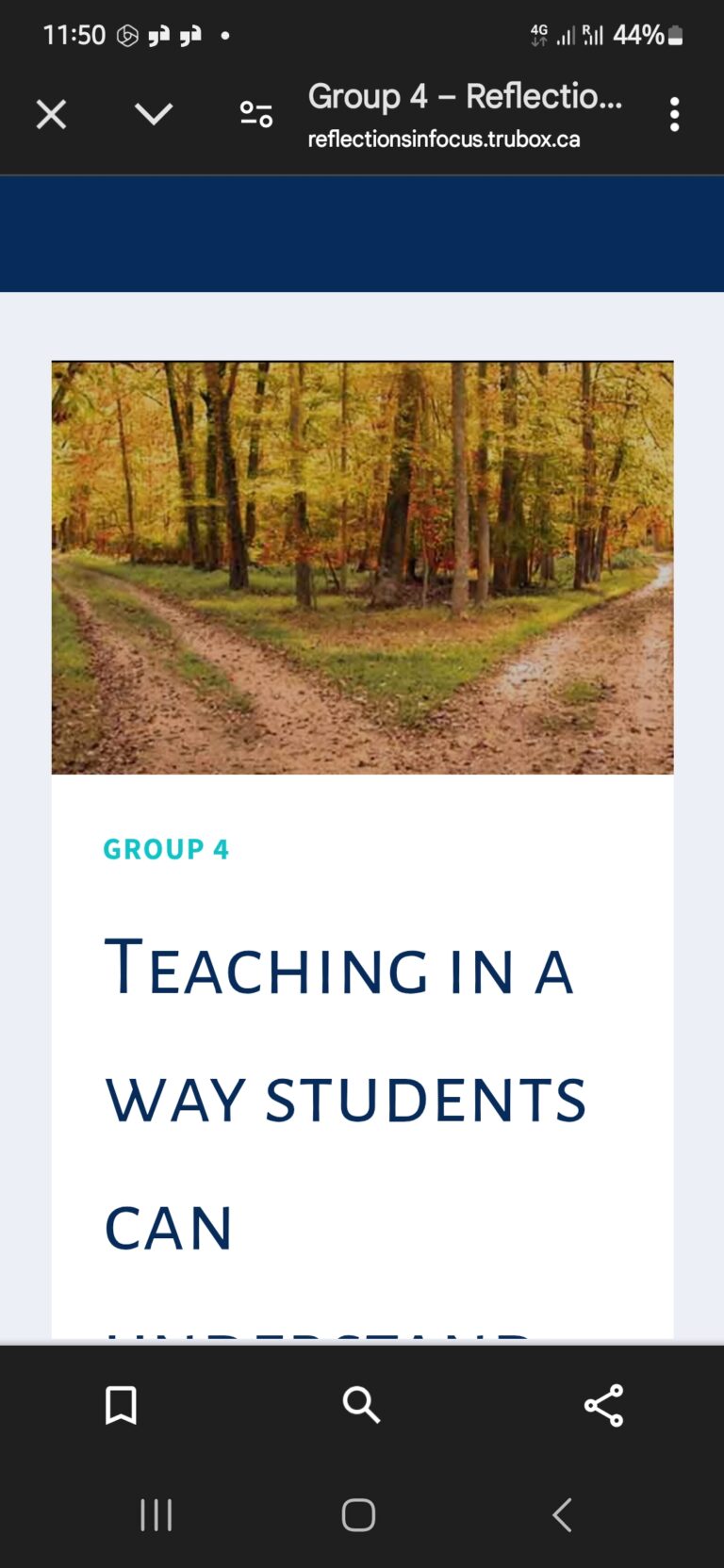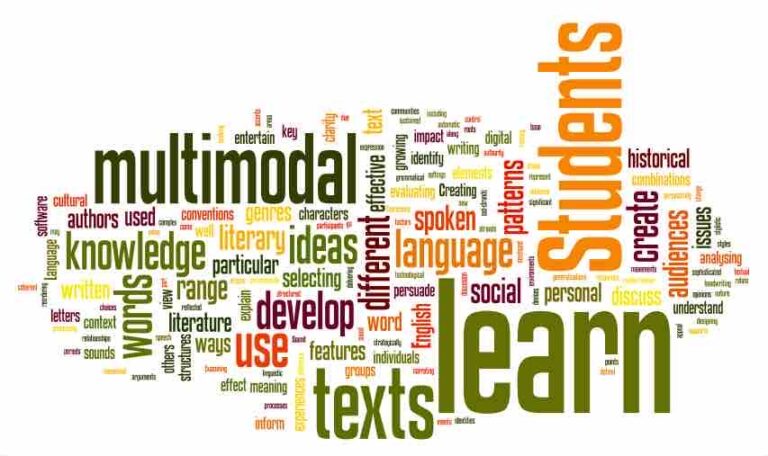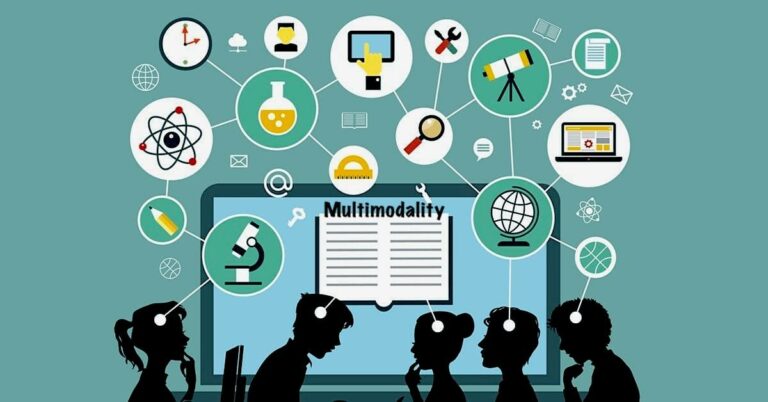Teaching in a way students can understand
Teaching in a Way Students Understand A culturally responsive curriculum helps students relate their own experiences to what they learn. It includes different cultures and perspectives, making education more meaningful. As Howe, Johnson, and Te Momo (2021) explain, this approach ensures that learning is not limited to one culture but reflects the experiences of all…



